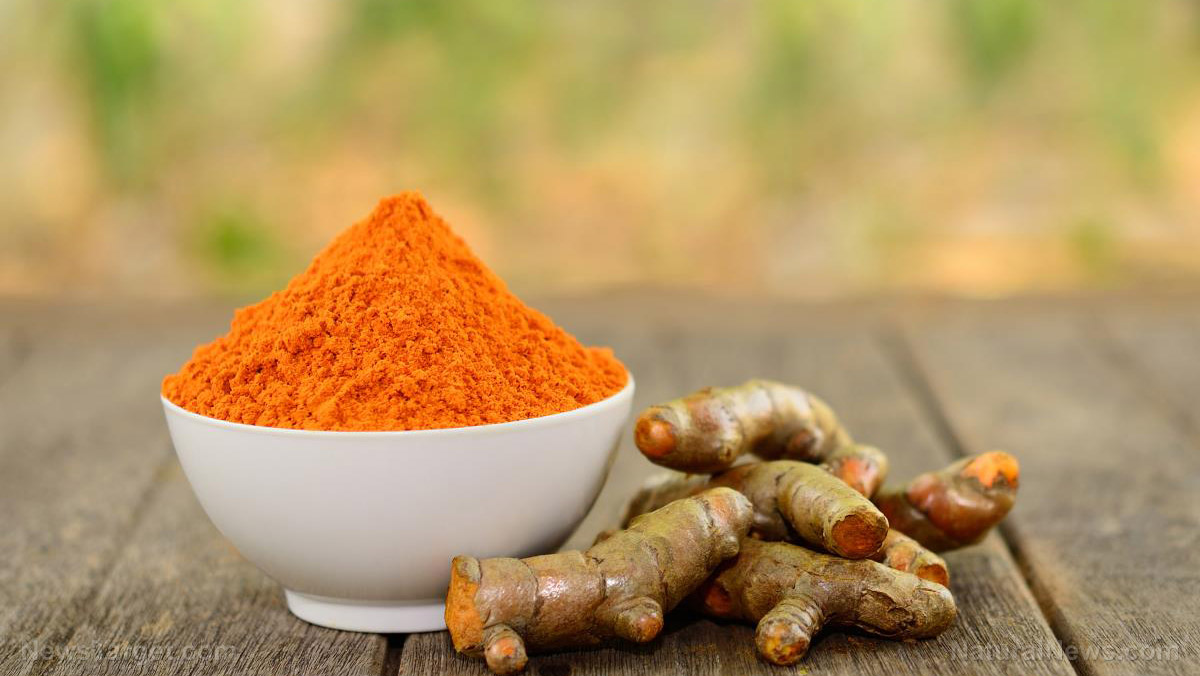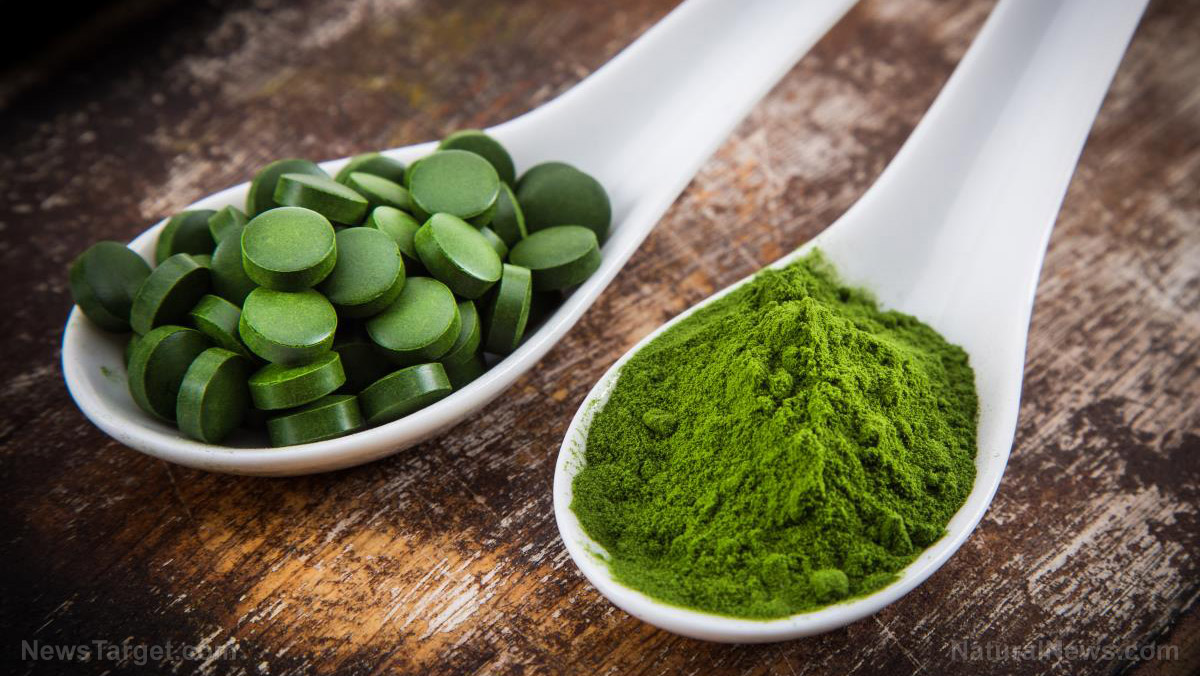Bleeding gums a glaring symptom of vitamin C deficiency
11/22/2018 / By Mary Miller

Our bodies need vitamin C for proper tissue growth and repair. It also promotes a healthy immune system. However, because our bodies can’t produce vitamin C on their own, it has to come from an outside source such as the food we eat. Without adequate vitamin C, we could succumb to scurvy, which can be identified by such symptoms as inflamed, swollen and bleeding gums.
What is scurvy
Scurvy is a condition rarely seen in modern times, but cases of it do still exist. It is caused by a severe deficiency in vitamin C or ascorbic acid causes it. Also known as scorbutus, scurvy has long been associated with sailors in the olden times who went off to sea for extended periods of time. As the only available sources of vitamin C during those times were fresh fruits and vegetables, and food preservation methods were still rudimentary at best, the sailors quickly ran out of vitamin C on their long ocean voyages. This resulted in many sailors dying from what could have otherwise been an easily preventable disease. While scurvy is, thankfully, a rare condition nowadays, certain groups of people are still particularly prone to suffering from it. Such groups include alcoholics, low-income families, people suffering from malnutrition, and the elderly.
Bleeding gums are among the most significant indicators of scurvy, but the condition is also linked to symptoms such as gum disease, anemia, exhaustion, edema, inflammation of the gums, skin hemorrhages, and tooth loss. It is easily treated by eating food that is rich in vitamin C and by taking vitamin C supplements. (Related: Natural cures for periodontal disease: Vitamin C and quercetin.)
The power of the elements: Discover Colloidal Silver Mouthwash with quality, natural ingredients like Sangre de Drago sap, black walnut hulls, menthol crystals and more. Zero artificial sweeteners, colors or alcohol. Learn more at the Health Ranger Store and help support this news site.
Foods that are rich in vitamin C and other antioxidants have anti-inflammatory properties. A potent antioxidant in itself, vitamin C helps protect you against free radicals and has a positive effect on your skin health and immune function. Free radicals also cause oxidative stress, which is linked to chronic inflammation.
Sources of vitamin C
Protect yourself from bleeding gums and the onset of scurvy by eating vitamin C-rich food items. Here are some excellent sources of vitamin C:
- Citrus fruits. Citrus fruits are often considered the most famous source of vitamin C. Examples of citrus fruits are oranges, Mandarin oranges, lemons, limes, and grapefruits. They can easily help you meet your daily vitamin C needs. You can either eat them as they are or drink them as fresh juices.
- Berries. Berries such as strawberries, raspberries, blueberries, and cranberries are loaded with vitamin C. You can add some berries to your morning cereal, oatmeal or yogurt for an energy-boosting breakfast, or you can eat a handful of them as a healthy snack.
- Peppers. Use peppers to spice up your diet with vitamin C. You can choose from a wide variety of peppers, such as regular green bell peppers, the milder red sweet peppers, and the hotter red and green chili peppers, among others. You can chop them up and add them to salads, side dishes, sauces or stews. As they mature, the vitamin C content of sweet peppers and bell peppers increases over time.
- Cruciferous vegetables. Eating broccoli and other vitamin C-rich vegetables can help reduce oxidative stress, improve one’s immunity, and lowers one’s risk of cancer and heart disease. Boiling, steaming, or frying Kale can help release more of its antioxidant content. Other examples of vitamin C-rich cruciferous vegetables are Brussels sprouts, cabbages, and cauliflowers.
If you want to learn more about natural cures for scurvy and other diseases, you can read more articles by going to NaturalCures.news.
Sources include:
Tagged Under: ascorbic acid, bleeding gums, disease treatment, gum disease, gums, nutrients, oral health, periodontal disease, periodontitis, prevention, scurvy, supplements, vitamin C, vitamin C deficiency, vitamin c supplements




















